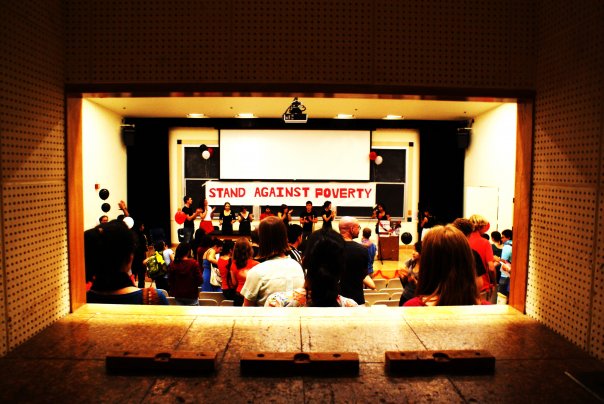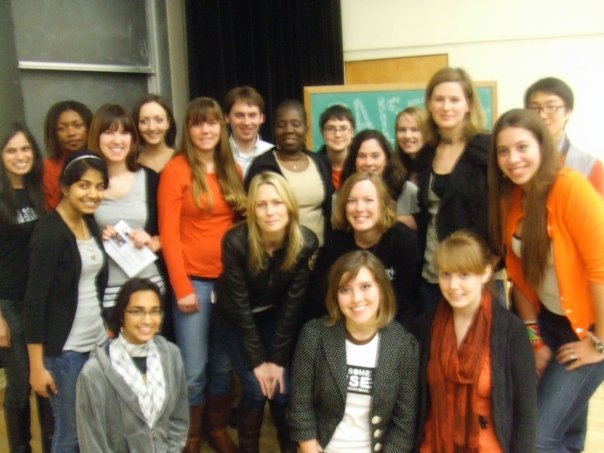
In Uganda's capital city of Kampala, deadly riots continue into their third day. Since September 10, thirteen people have been killed, coupled with the injuries of many others, during violent protests. People have also looted and burned cars, buildings, and businesses.
This chaos stems from the planned participation of
Buganda King Ronald
Muwenda Mutebi II in World Youth Day ceremonies. This appearance of the
kabaka, or king of the
Baganda people, was since canceled by the government due to the sentiments of the
Banyala people.
The
Banyalas are a breakaway ethnic faction who reject the authority of the
kabaka, and thus barred him and his delegation from their
Kayunga district. However, the
Baganda kingdom, the largest of Uganda's four ancient kingdoms, also claims this land. As such, clashes between the opposing ethnic groups and government security forces are now spilling into the streets. "Our king must be free to go where he wants," said Stephen
Semagula, an 18 year-old student. "It's our land."
Amplifying the violence, Ugandan police forces have reacted to the protests with
unnecessarily brutal force and aggression. Human Rights Watch reports police firing tear gas and live ammunition at nonviolent protesters, in addition to beating people with rocks and sticks. The Uganda Broadcasting Council, the government's media monitoring body, also censored radio reports of the violence. Human Rights Watch calls on the police to abide by the United Nations Principles on the Use of Force and Firearms by Law Enforcement Officials, which mandate the use of nonviolent means before force. According to Georgette
Gagnon, Africa director at Human Rights Watch, "Violence during protests may require that the police use force, but it must be proportionate. Here it appears that the police use of live ammunition prompted an escalation in bloodshed."
Tensions between the government, led by President
Yoweri Museveni, and the
Baganda kingdom have intensified recently over issues of land, sovereignty and political power. In 1993, the traditional kingdoms of Uganda were reinstated, but with a largely ceremonial role to avoid potential political rivals.
For more on this story, check out
Human Rights Watch,
NPR, and
CNN.















